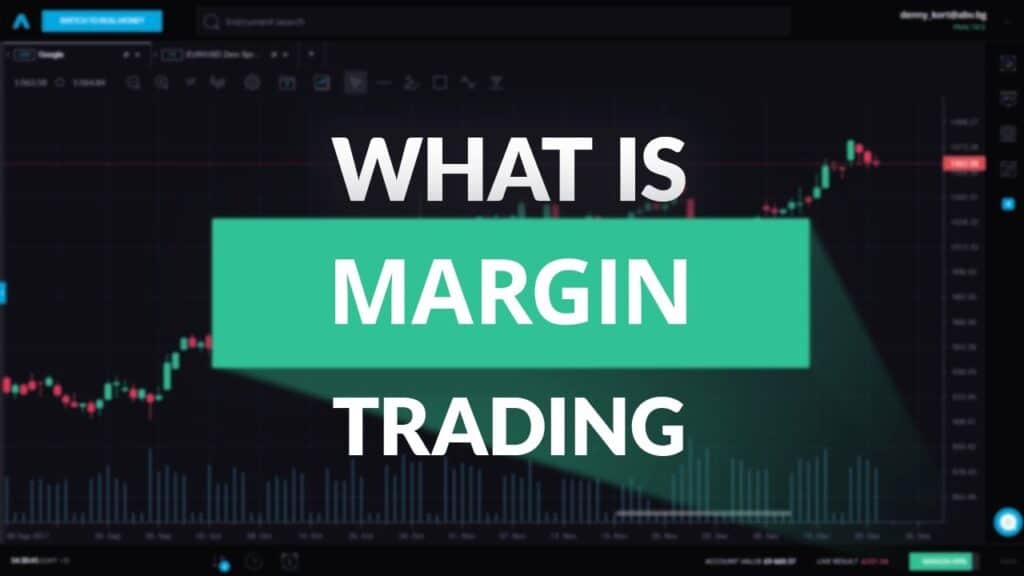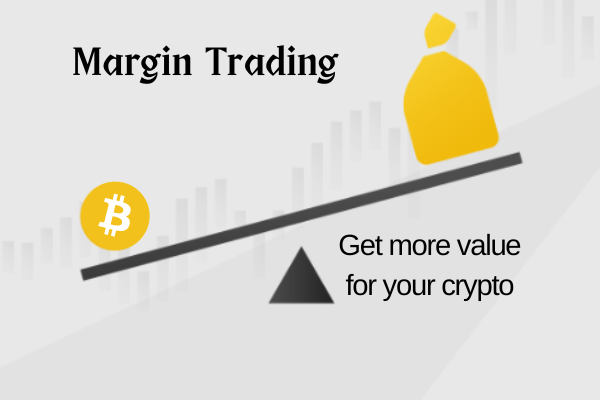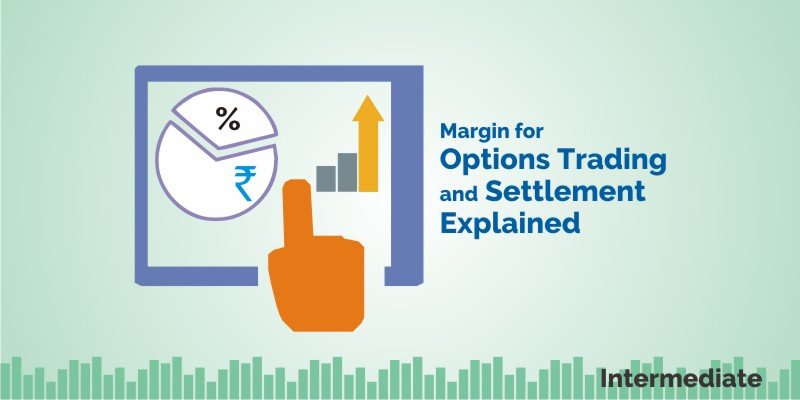Introduction
Options trading, a multifaceted strategy that offers potential rewards, also carries its own set of unique risks. Margin, an essential aspect of options trading, plays a crucial role in managing these risks. In this in-depth guide, we’ll delve into the intricacies of margin requirements, explaining why they’re necessary and how they impact options trading.

Image: bitcoinworld.co.in
The Significance of Margin in Options Trading
Margin serves as a buffer or security deposit in options trading. It acts as collateral against potential losses, ensuring that traders have sufficient funds to cover any obligations arising from their positions. Without margin, traders would be limited in the number and size of options contracts they could trade, potentially hindering their profit-generating capability.
Understanding Margin Requirements
Margin requirements vary based on the option contract’s underlying asset, strike price, and expiration date, among other factors. The most influential factor is the underlying asset’s volatility. Highly volatile assets typically have higher margin requirements than less volatile ones.
Moreover, options with higher leverage, meaning they offer greater exposure to the underlying asset’s price movements, also come with increased margin requirements. Additionally, if an option contract is nearing its expiration date or is significantly out-of-the-money, the margin requirement may be adjusted accordingly.
Leverage and Risk Management
Margin can be a double-edged sword. While it allows traders to leverage their capital, magnifying their potential profits, it also amplifies their potential losses. Traders need to carefully consider the leverage they’re using and ensure it aligns with their risk tolerance and financial capabilities.

Image: www.nigeriabitcoincommunity.com
Brokerage Requirements
Brokerages typically set their own margin requirements, which can differ from exchange-mandated minimums. These broker-specific requirements often consider the trader’s account size, trading history, and risk assessment profile. Traders should familiarize themselves with their brokerage’s margin policy to avoid potential consequences.
Consequences of Insufficient Margin
If a trader’s account falls below the required margin level, they will receive a margin call. A margin call is a demand from the brokerage to bring the account back above the minimum margin requirement. Failure to meet the margin call promptly can result in the brokerage liquidating open positions to cover the deficit.
Alternative Sources of Margin
Although cash is the most common form of margin, there are alternatives such as margin loans, secured loans against assets like stocks or bonds, and futures contracts. Exploring different margin sources can provide traders with greater flexibility and reduce the risk of a margin call.
Expert Insights
“Margin is an indispensable tool for options traders, allowing them to leverage their capital and potentially enhance their returns,” says experienced options trader, Mark Douglas. “However, it’s essential to use margin responsibly, always prioritizing risk management and understanding the inherent risks involved.”
Actionable Tips
-
Determine your risk tolerance and trading objectives before utilizing margin.
-
Gradually increase margin use as your knowledge and experience grow.
-
Monitor your margin requirements closely and adjust your positions accordingly.
-
Explore alternative margin sources to minimize potential margin calls.
Why Is Margin Required For Options Trading

Image: blog.elearnmarkets.com
Conclusion
Margin, a crucial requirement in options trading, serves as a safeguard against potential losses and allows traders to leverage their capital. It’s imperative for traders to fully grasp margin requirements and use this tool judiciously to mitigate risks and maximize profit-making opportunities. By following the guidelines provided in this comprehensive guide, traders can navigate the complexities of margin requirements and enhance their options trading strategies with confidence.






